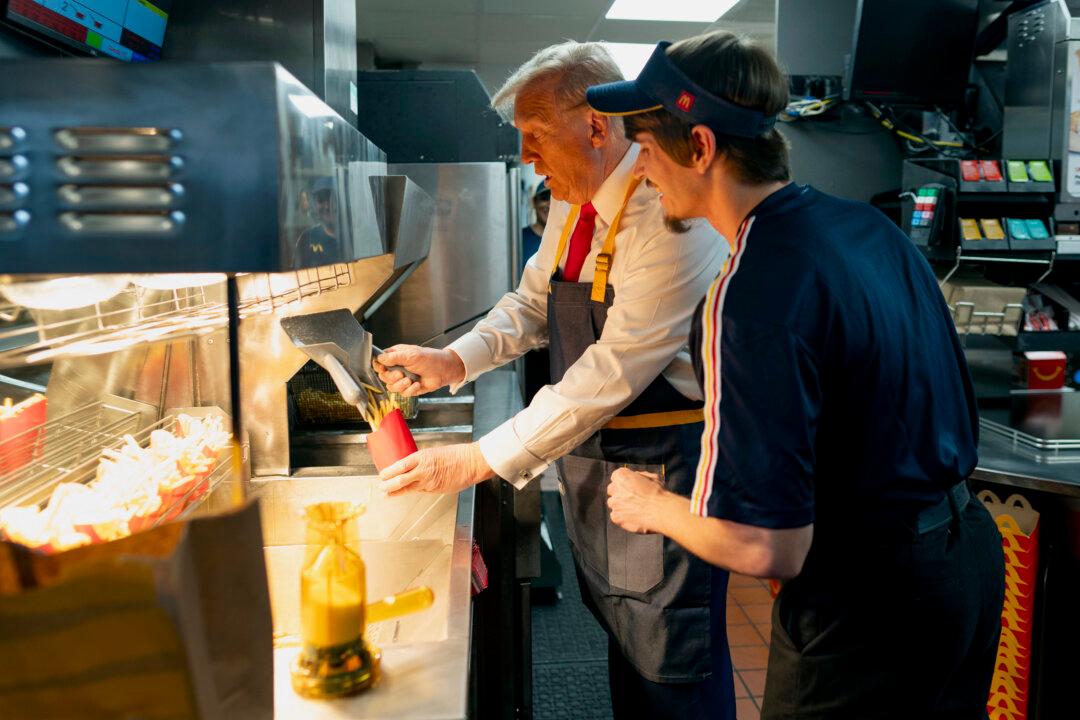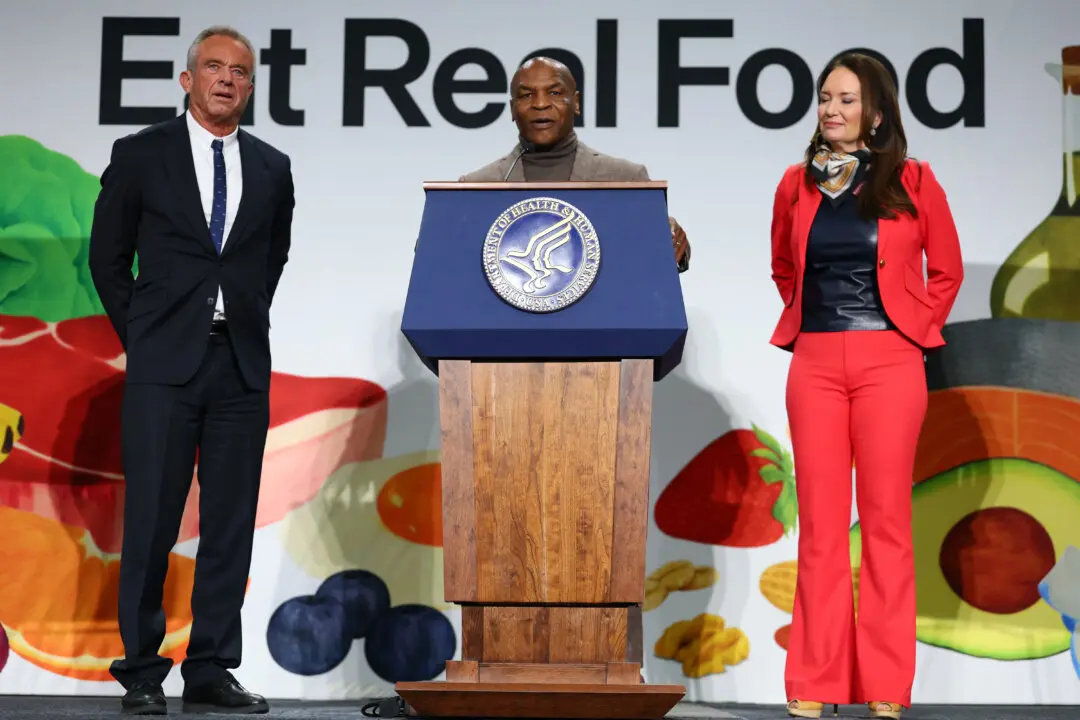Commentary
On a radio interview the other day, the topic of being a fry cook came up. This is because on the campaign trail, former President Donald Trump tried his hand at the job in response to Vice President Kamala Harris’s claim to have worked at McDonald’s as a fry cook. This practice has to be a good thing. We need more politicians to sample what it is like to have such jobs and acquire such skills.





